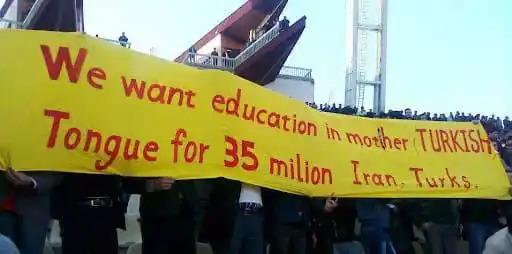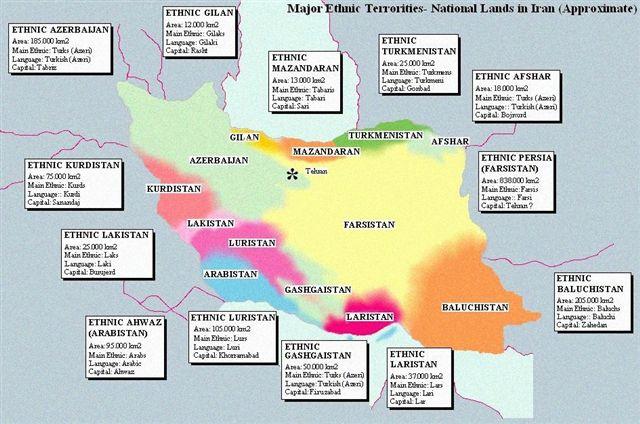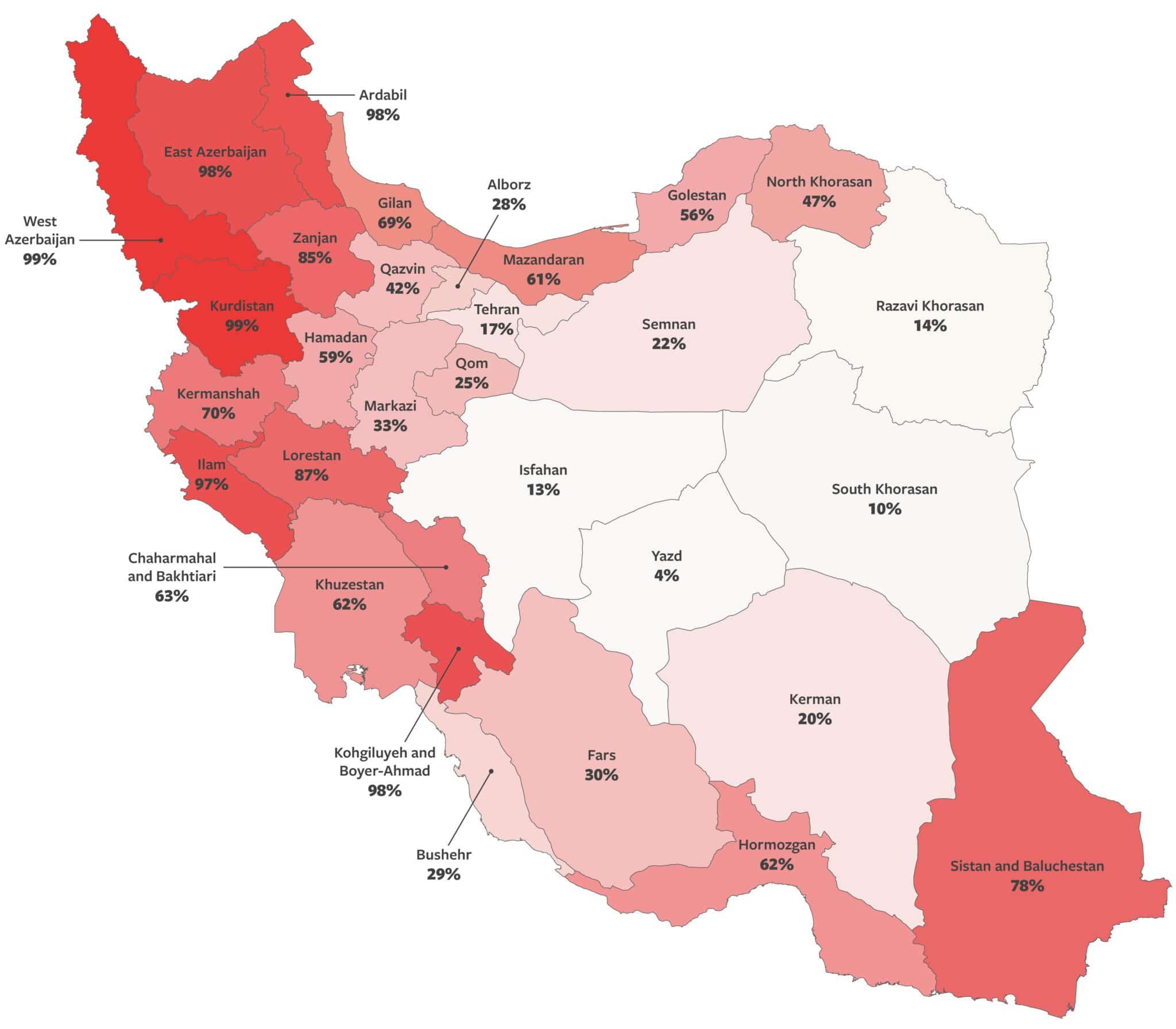New dawn for ethnic minorities & language rights in Iran? Radical milestone or a rash move?
Iran’s president-elect Masoud Pezeshkian, an ethnic Azerbaijani, is set to be inaugurated on July 30, marking a significant event that has been viewed and analyzed from various angles by various regional and global expert communities alike. This development is seen as a potential turning point in the treatment of ethnic minorities in Iran, especially in terms of language rights.
A step towards inclusivity
Analysts who are cautiously optimistic believe that Pezeshkian's presidency signals a positive move toward implementing Article 15 of Iran’s constitution, which mandates the teaching of non-Persian languages. This initiative is seen as part of a broader message from Iran that "there is no discrimination against any ethnicities in the country."
Pezeshkian's election headquarters has announced the establishment of the "15th Principle Committee" to oversee the implementation of this constitutional mandate, with Dr. Javad Miri appointed as its head. Although details on the implementation of Article 15 remain sparse, sources close to Pezeshkian have indicated that the first phase of mother tongue education is planned to commence in regions inhabited predominantly by Turks (Azerbaijanis) starting from the new school year.
Historical context & challenges
The issue of mother tongue education has been a contentious topic in Iran for years. Hamid-Reza Haji Babaee, former education minister, highlighted that 70 percent of school students in Iran do not speak Farsi as their first language. This statistic underscores the significant linguistic diversity within the country and the necessity of addressing the educational needs of these communities.
The election of Pezeshkian is seen as a strategic move by Iran to counter international criticism regarding its treatment of ethnic minorities. President Ilham Aliyev of Azerbaijan has previously raised this issue at the Summit of the Organization of Turkic States, putting additional pressure on Iran to act.
Pezeshkian’s decision to establish the "15th Principle Committee" is believed to have been made in agreement with Iran's Supreme Leader Ali Khamenei. This indicates that the initiative is part of a broader strategy to protect the rights of ethnic groups in Iran, including their right to education in their mother tongue. This move is expected to align with Iran’s national interests while addressing longstanding demands from ethnic communities, particularly Azerbaijani Turks.
Ensuring the language rights of Azerbaijanis in Iran is a topic of significant interest within Iran and across the entire Turkic world. This issue has been widely discussed, and the election of reform-minded leaders has resolved this problem seems more attainable.

Allowing non-Persians to receive education in their native languages is expected to strengthen Iran's relations with independent Azerbaijan. This decision is enshrined in Iran’s constitution and extends beyond Azerbaijani Turks to include other minority groups. Despite Azerbaijani Turks not being a minority in Iran, with some sources claiming they constitute 53 percent of the population, the implementation of mother tongue education represents a progressive step.
The potential establishment of schools, faculties, and research centers focused on Azerbaijani language and culture would signify substantial progress. The deprivation of a community's language poses serious challenges, and steps toward restoring language rights could have a profound impact on social cohesion and national identity.
The move is not expected to strain relations with Azerbaijan. On the contrary, it could pave the way for student exchanges and increased educational collaboration. For instance, Azerbaijani teachers could be sent to Iran to address the shortage of qualified personnel, particularly in Southern Azerbaijan. This exchange would enhance educational standards and foster closer ties between the two regions.

Pezeshkian's ethnic focus
The creation of the "15th Principle Committee" is seen as a foundational step towards achieving significant progress in language rights. The future success of this initiative will depend on the commitment of Iran’s political leadership, the cooperation of the nation, and continued support from the international community. The establishment of mother tongue education is a commendable move that could herald a new era of inclusivity and cultural preservation in Iran.
Pezeshkian’s campaign heavily emphasized the rights of ethnic groups, particularly Azerbaijanis. His election has raised expectations for concrete actions towards mother tongue education. Historically, Iranian presidents have had varied approaches to this issue. For example, Hassan Rouhani, a reformist, promised educational reforms for ethnic groups and took steps to establish an Azerbaijani language center at Tabriz University during his presidency.
Given Pezeshkian’s Azerbaijani heritage, he will likely pursue more substantial reforms in this area. However, it is important to recognize that Iran is a unitary state with a complex ethnic landscape. Implementing mother tongue education across all regions and ethnicities simultaneously is neither feasible nor likely. The newly established commission will need to develop a viable format for these reforms, and it will take time to see their full implementation.

Masoud Pezeshkian’s election and his subsequent steps toward implementing Article 15 represent a significant move toward acknowledging and addressing the linguistic rights of Iran’s ethnic minorities. While challenges remain, the establishment of the "15th Principle Committee" and the planned educational reforms are positive steps towards greater inclusivity and cultural preservation in Iran. The international community will be watching closely to see how these initiatives unfold and their impact on Iran’s ethnic relations and broader geopolitical dynamics.








